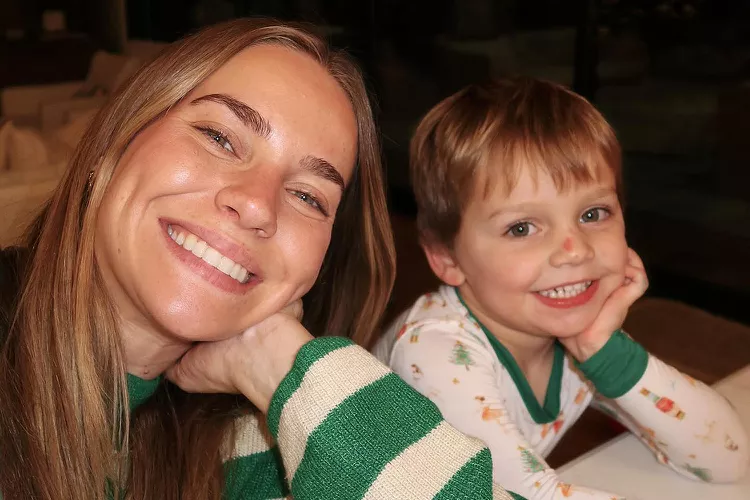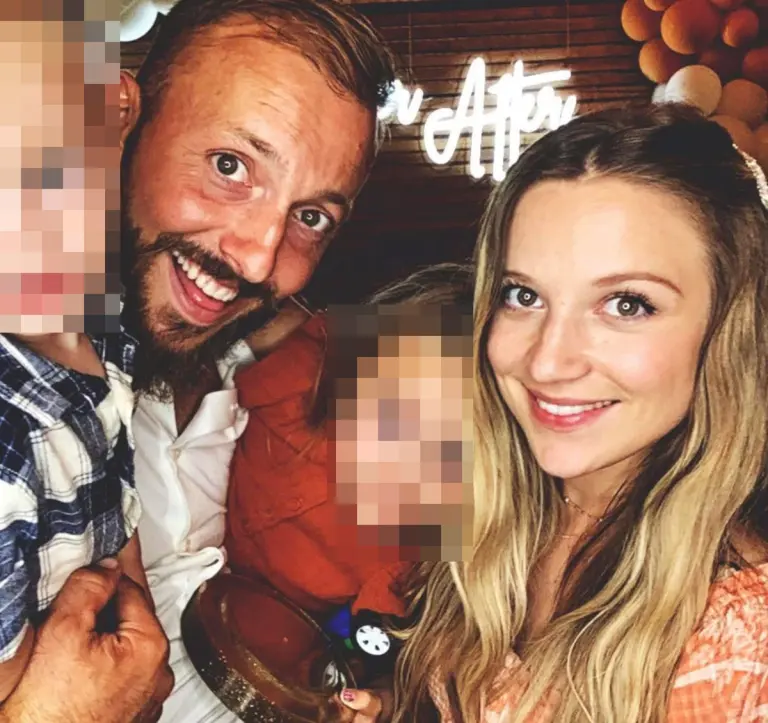President’s Blunt Remarks on Afghan Suspect’s Breakdown Spark Debate Amid Grief for Slain Guardsmen
The Thanksgiving sun dipped low over Palm Beach on November 27, 2025, casting a warm glow across the manicured lawns of Mar-a-Lago, where President Donald Trump stood before a cluster of reporters, his red tie a splash of color against the blue backdrop of the American flag. It was just after 4 p.m., and the holiday gathering—meant for reflection and family—had been overshadowed by the heartbreaking news from Washington, D.C.: Specialist Sarah Beckstrom, the 20-year-old West Virginia National Guard soldier critically wounded in the previous day’s ambush near the White House, had succumbed to her injuries. Trump’s voice, usually a torrent of energy, softened for a moment as he announced her passing, his eyes meeting the cameras with a father’s quiet sorrow. But when a reporter pressed on the suspect, Rahmanullah Lakanwal—the 29-year-old Afghan immigrant accused of the attack—Trump’s tone shifted, blunt and unfiltered: “He went cuckoo. I mean, he went nuts. It happens too often with these people.” The phrase, delivered with the president’s signature candor, hung in the air like a spark in dry grass, igniting a firestorm of reactions from grieving families to divided commentators. In a nation still reeling from the loss of three young lives—Beckstrom joining Sgt. Michael Harlan and Staff Sgt. Elena Vasquez in death—the words underscored the raw tension between mourning and the urgent search for understanding, a moment where empathy for the fallen collided with the hard edges of accountability.
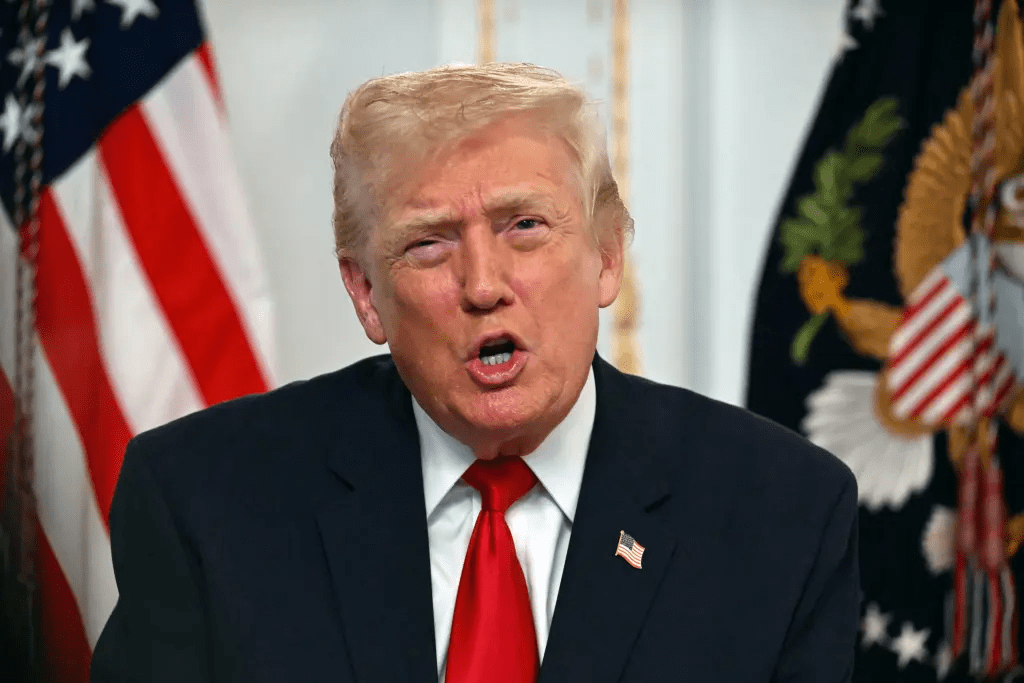
Sarah Beckstrom’s fight, a beacon of hope amid despair, ended quietly in Room 412 of MedStar Washington Hospital Center, where her father Gary had held vigil since the ambush tore through Farragut Square on November 26. At 20, Sarah embodied the selfless spirit of service, a Beckley native who enlisted at 18 to balance nursing dreams with Guard duties, her weekends filled with drills and her evenings with textbooks under a desk lamp. “She was the light—always packing extra snacks for the platoon, turning tough trainings into team stories,” her captain, Rebecca Thorne, shared through tears at a vigil that drew 500 to the hospital’s front steps that evening, candles flickering against the November dusk. Sarah’s wounds—from bullets to the abdomen and shoulder—proved too grave after 12 hours of surgery; by 2 p.m. Thanksgiving Day, she passed peacefully, surrounded by family who played her favorite country playlist softly in the background. Gary, 52, a mechanic with grease-stained hands from years in Beckley garages, had raced to her side on a chartered flight, his world narrowing to her bedside where monitors beeped a fading rhythm. “She squeezed my hand this morning—fought like hell. But it’s a mortal wound; she’s at peace now,” Gary told reporters in the waiting room, his voice a rumble of resolve cracking with the weight of goodbye, Lisa—Sarah’s mother—joining via speakerphone from home with their other children, their prayers a fragile bridge across the miles.
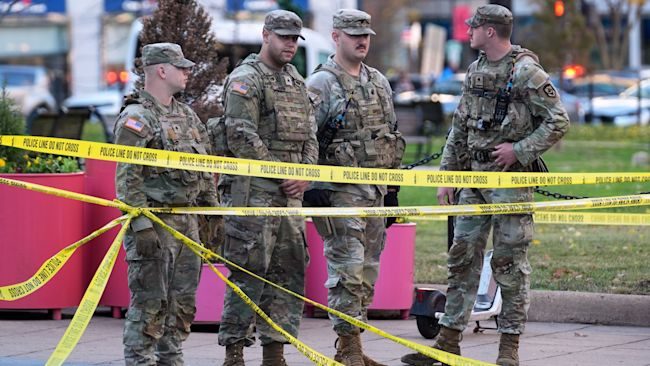
The ambush itself, a 60-second horror in a square known for lunchtime tranquility, claimed Harlan and Vasquez in a blur that left bystanders diving for cover and first responders racing against time. Harlan, 28, a Huntington father who reenlisted after a European tour, was texting his wife about holiday pie when Lakanwal approached from behind a bench, firing four rounds from a .357 Magnum. Vasquez, 32, a Charleston single mom to 7-year-old Luca and aspiring state trooper, took shots to the upper body; both succumbed en route to hospitals. Beckstrom, hit in the abdomen and shoulder, dropped her sidearm—which Lakanwal seized to advance, yelling “Allahu akbar”—but a nearby Guard major’s pocket-knife lunge during his reload created the vital pause for Sgt. Marcus Hale from Virginia to disable him with shots to the legs and buttocks. Bystanders, from a food truck vendor pressing her apron to wounds to a mother shielding her toddler, formed a human chain until Lakanwal was zip-tied and rushed to GWU Hospital, stabilized under guard. “It was chaos—pops like fireworks, then screams. Those kids in uniform never had a chance,” recounted 31-year-old barista Jamal Reed, who administered CPR to Beckstrom, his apron stained as paramedics loaded her onto a stretcher.
Lakanwal, facing federal murder and terrorism charges, embodies a tragic unraveling from ally to accused. A 29-year-old Afghan who entered via the 2021 Special Immigrant Visa after Kandahar contractor work for U.S. forces, he resettled in Bellingham, Washington, with his wife and five children, coaching youth soccer in a quiet border town. His green card lapsed in 2024 amid backlogs flagged in a June Justice report on Operation Allies Welcome; FBI raids on his Anacostia apartment yielded a journal with White House sketches labeled “symbols of oppression” and encrypted files hinting at radical forums, though no group ties surfaced. “He helped save lives—translated under fire. This betrayal… it’s a wound that doesn’t heal,” a former handler told Reuters, the pain a quiet undercurrent to the probe’s momentum. Stabilized after surgery, Lakanwal remains silent under guard, his 3,000-mile drive from Bellingham a path traced by agents through gas receipts and traffic cams.
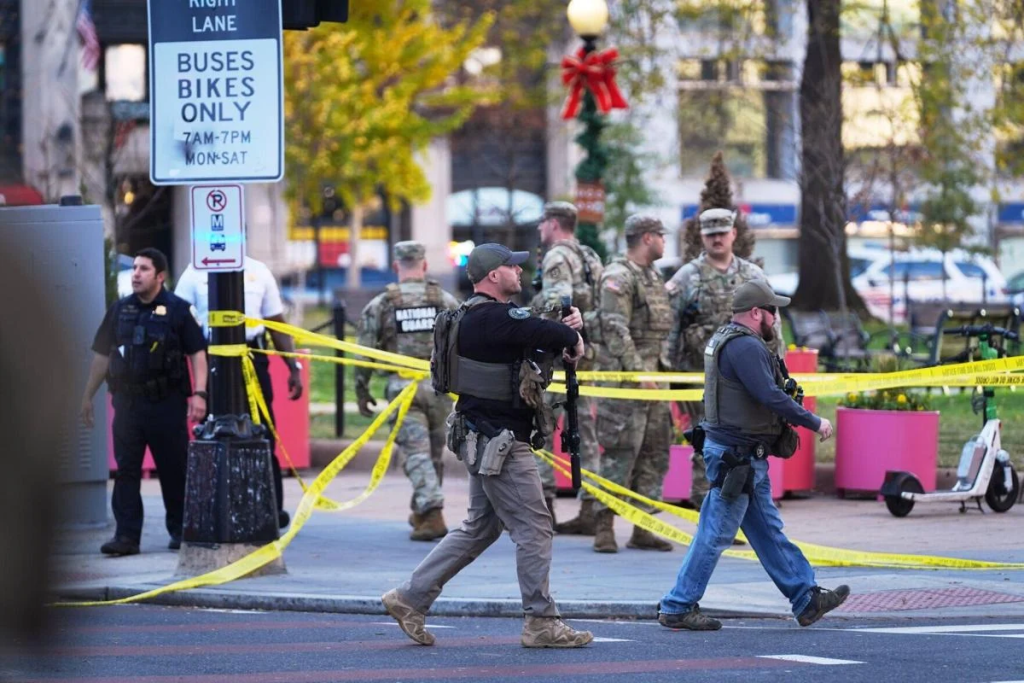
Trump’s remarks, delivered amid Thanksgiving toasts at Mar-a-Lago, blended grief with his unfiltered style, the “cuckoo” line a deflection when pressed on Lakanwal’s asylum grant under his own administration in April 2025. “When it comes to asylum, when they’re flown in, it’s very hard to get them out,” Trump said, calling the shooting an “act of terror” and “crime against humanity,” vowing a “steep price” for the “animal” responsible. The phrase, aimed at a reporter’s question on vetting, drew immediate backlash—critics like Sen. Chuck Schumer labeling it “insensitive to families in pain”—but resonated with supporters mourning the Guardsmen. “He’s right—it’s nuts, and we need answers,” said Lisa Harlan, Michael’s widow, in a statement from Huntington, her words a mix of sorrow and call for closure. The exchange, captured on video and viewed 10 million times by evening, highlighted the administration’s post-shooting pivot: A USCIS pause on Afghan visas and review of 76,000 green cards, with 500 additional Guard troops surging to D.C.
For the families, Trump’s words offered a distant echo amid intimate anguish. Gary Beckstrom, still in D.C. planning Sarah’s return to Beckley, focused on memories—her soccer goals, armory pranks—while Lisa organized a prayer chain with 200 friends. “Sarah fought like hell—she squeezed my hand this morning. Now, she’s at peace,” Gary said, his resolve a father’s quiet fire. Harlan’s family in Huntington gathered for pie without him, Luca Vasquez in Charleston drawing “Mommy with wings.” Vigils swelled: In Beckley, 1,500 lit candles at the armory, singing “God Bless America”; in Charleston, 800 mourned Vasquez with hymns and hot meals. GoFundMe topped $2.1 million, from Guardsmen to Brad Paisley, who tweeted, “For Sarah, Michael, Elena—heroes who made us proud.” Social media, under #GuardsmenForever, trended with 6.2 million posts—photos of Beckstrom’s nursing cap, Harlan’s river sketches, Vasquez’s trooper application.
As November 28 dawned, with troops patrolling under streetlights, the families’ grief became America’s—a call to cherish service’s cost. Trump’s candor, raw as it was, sparked debate but couldn’t eclipse the human heart: Heroes like Sarah deserving every prayer, every goodbye.

